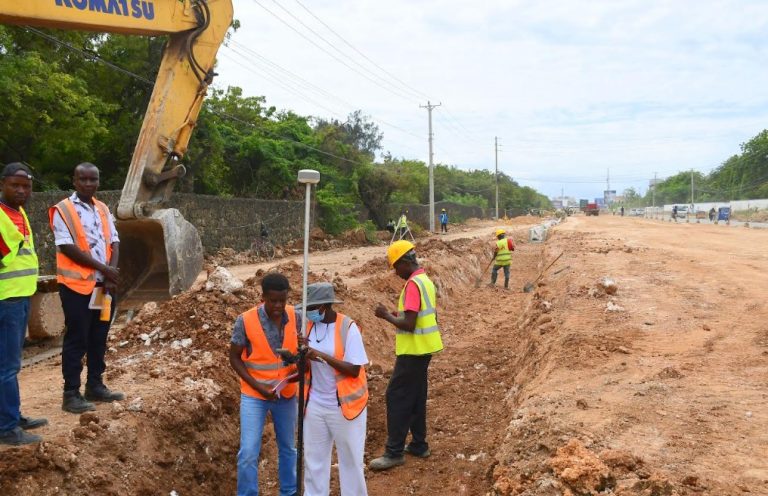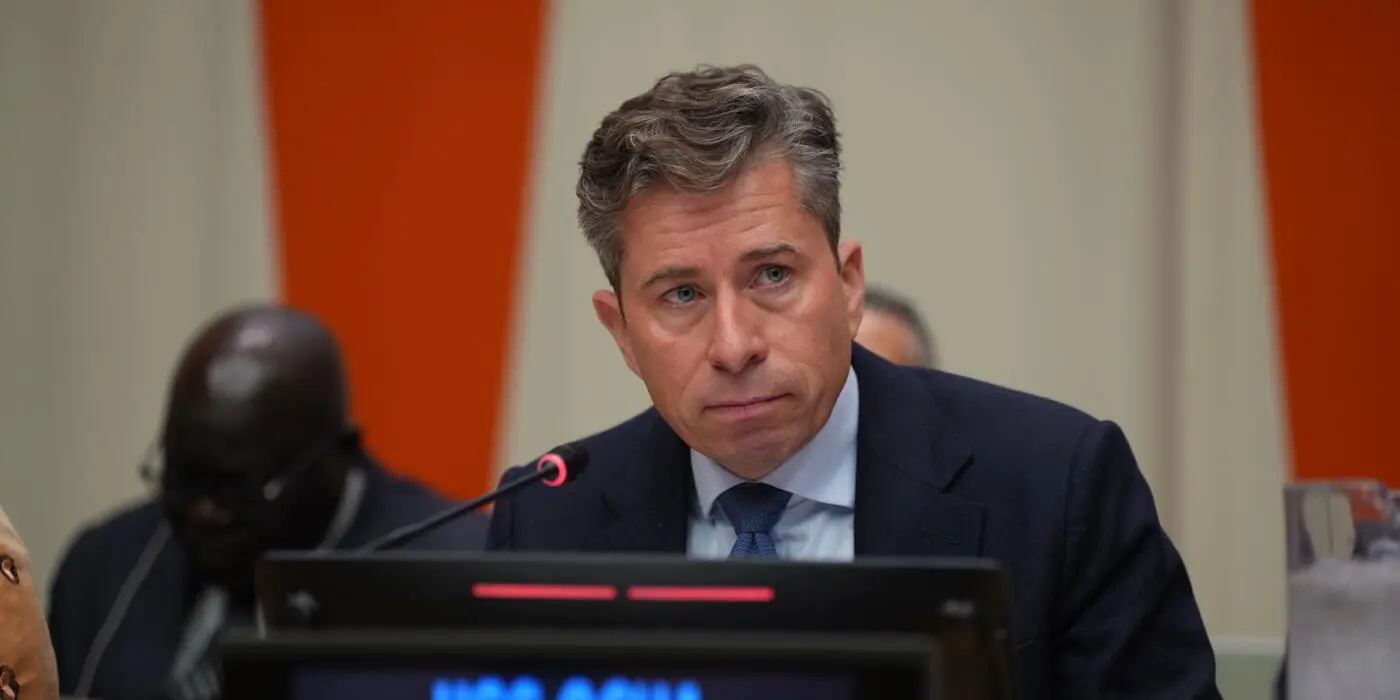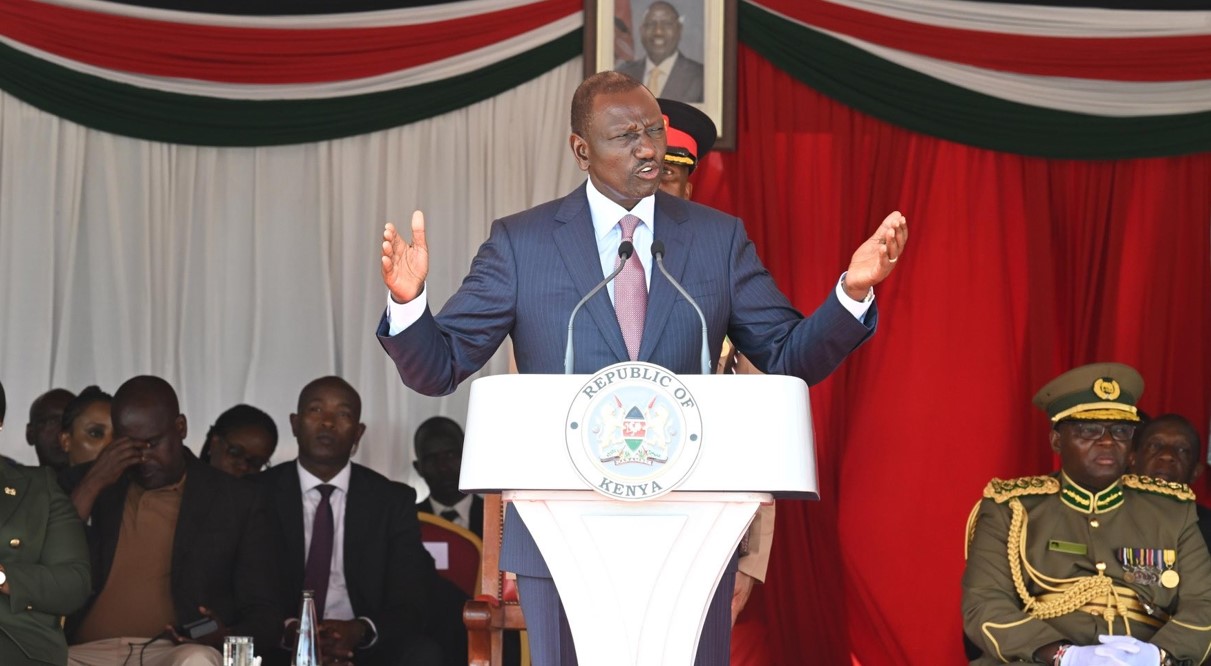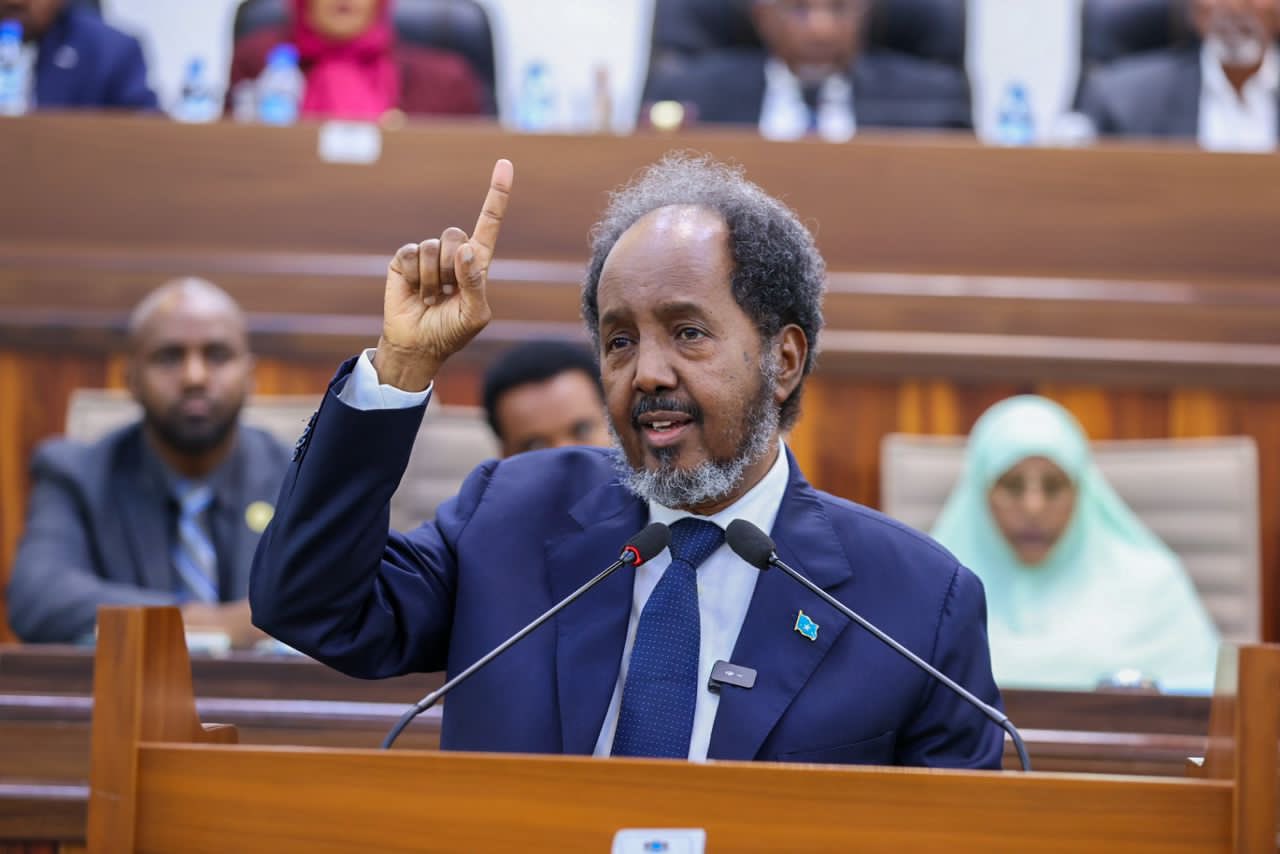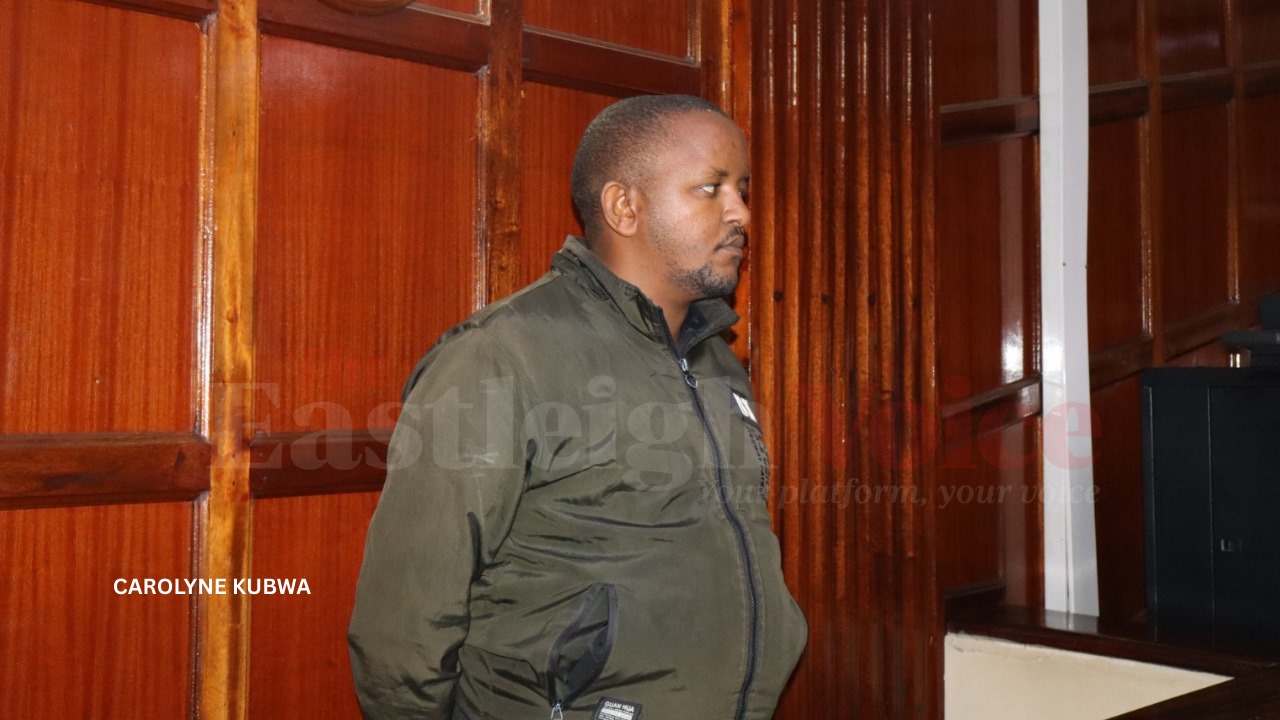Nairobi hosts regional security talks as leaders push to seal porous borders against terrorism
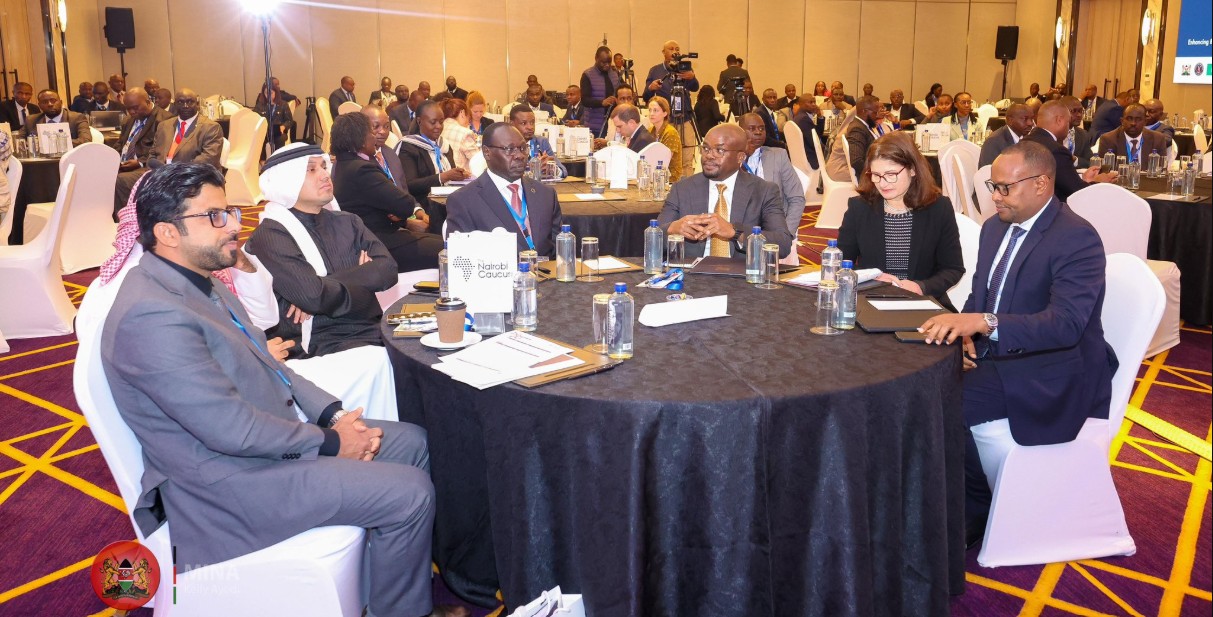
Delegates from 15 countries have called for stronger intelligence sharing, advanced surveillance and community-led early warning systems to curb cross-border extremist threats.
A two-day regional security meeting aimed at enhancing border security to deter and disrupt terrorist movements has opened in Nairobi, bringing together delegates from at least 15 countries, including representatives from West Africa.
The meeting is being held under the Nairobi Caucus, an African-led initiative that seeks to proactively anticipate and respond to the evolving threats of terrorism and violent extremism through stronger cross-regional collaboration.
More To Read
- Kenya marks 27 years since 1998 US embassy bombing with renewed pledge to fight terrorism
- 107 killed, 124 injured in violent extremism attacks in Kenya in 2024 – Report
- What is IMCTC? Details of global Muslim coalition backing Kenya’s new anti-terror initiative
- Horn of Africa region records sharp increase in violent extremism attacks- IGAD report
- How youth in Wajir, Garissa are being empowered through entrepreneurship in fight against radicalisation
- Government, IOM sensitise Garissa residents against human trafficking, violent extremism
In his keynote address, Interior PS Raymond Omollo noted that more than 80 per cent of extremist-related fatalities in Africa last year occurred in border-adjacent regions. He said terrorist groups continue to exploit porous and poorly managed borders to recruit fighters, move arms, finance illicit activities, and sustain their operations.
Cross-border attacks
The situation is particularly dire in West Africa, which has experienced a tenfold surge in cross-border attacks since 2020, alongside a 25 per cent rise in maritime trafficking along the Indian Ocean within the same period.
"This geographic concentration of terrorism along the borders is no coincidence; it underscores the significance of borderlands to terrorism," said Dr Omollo.
He clarified, however, that borders themselves are not the problem.
"In fact, borders are not barriers; they are opportunities for connection, cooperation, and shared prosperity. It is their porosity, which is caused by weak surveillance, fragmented jurisdiction, and limited coordination, that creates permissive environments for terrorist exploitation. Our task, therefore, is to transform our borders into security fortresses and neutralise these networks," he told the delegates.
Porous borders, he said, are increasingly becoming corridors for recruitment as well as arms and drug trafficking into otherwise secure communities.
EU Ambassador to Kenya Henriette Geiger reaffirmed the European Union’s commitment to strengthening regional security frameworks and supporting coordinated approaches to prevent terrorist infiltration.
Suspected terrorists
She cited recent collaboration with Interpol’s I-24/7 global police communications system, which enabled the arrest of 37 suspected terrorists in the East African region late last year and led to the recovery of assorted weapons.
"When East Africa's border officers verify travellers against Interpol's global watch list of terrorists and criminals, this can dramatically improve regional security," said the EU ambassador.
National Counter Terrorism Centre (NCTC) Director Kibiego Kigen emphasised the need for greater intelligence sharing among member states and the development of soft power programmes to help deter cross-border terrorist movements.
"Through innovation, collaboration, and unified action, nations can safeguard their citizens, economies, and democratic values while deterring and disrupting transnational terrorist threats," he said, urging member states to act decisively and without delay.
The Nairobi Caucus brings together regional security experts, policymakers, and practitioners to exchange insights, experiences, and strategies for strengthening border security against evolving terror threats.
Discussions will explore best practices, emerging challenges, and responses to increasingly sophisticated transnational terrorist networks.
The meeting began with strong calls for enhanced intelligence sharing and analysis, adoption of technology to improve border surveillance, and integration of border communities into early warning systems—efforts aimed at keeping the region a step ahead in safeguarding people and resources from terrorism.
Top Stories Today
